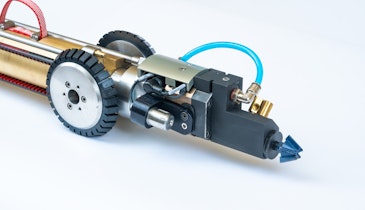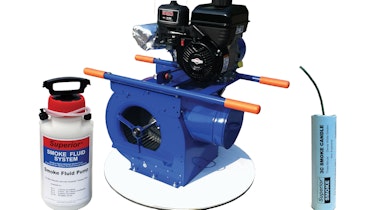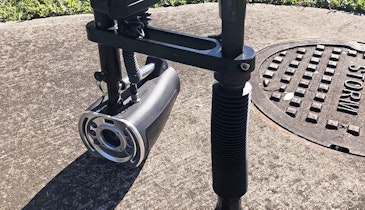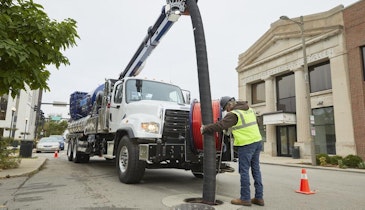As climate change exacerbates drought issues, the two creeks Cambria, California, is dependent on for water are drying out, according to a recent report by SFGate.
In 2021, the town nearly ran out of water and requested that its residents reduce water usage by 40%. Today, some experts say conservation might not be enough.
“I don’t think we can conserve our way out of major droughts in this region,” Richard Frank, environmental practice professor at University of California-Davis and director of the California Environmental Law & Policy Center, told the Public Policy Institute of California. “We have a big groundwater problem on the Central Coast — over-pumping has caused saltwater intrusion, which is contaminating our groundwater supply. Connecting to state and federal water projects is not a solution. They aren’t able to meet existing demand and can’t expand deliveries.”
Pump Failure Causes Wastewater Release Into Niagara River
Over Memorial Day weekend, millions of gallons of untreated wastewater leaked into the Niagara River after a pump failure.
Although one of the treatment system’s pumps was functioning, the volume was too much for it to handle, as an estimated 6 million gallons leaked on Saturday and millions more gallons were released Sunday while maintenance crews work to fix the problem.
Xylem Named 'Net Zero Carbon Champion'
Global water technology leader Xylem Inc. was named “Net Zero Carbon Champion” at the 2022 Global Water Awards, recognizing the company’s work to accelerate the decarbonization of the water sector. In addition to its own commitments to achieve net-zero carbon emissions, Xylem is partnering with utilities, businesses and water managers around the world to help reduce their carbon footprint.
Xylem provides advanced solutions that optimize energy consumption across water networks. The company’s high-efficiency technologies – such as the Flygt Bibo Alpha pumping system, which reduces energy consumption by up to 60% – have helped customers reduce their carbon footprint by 0.7 million metric tons of CO2, the equivalent to keeping 150,000 cars off the road for a year.
“The water sector is uniquely positioned to make a meaningful contribution to containing climate change,” says Austin Alexander, vice president of sustainability and social impact at Xylem. “We could become one of the fastest sectors to decarbonize. This award belongs to our 17,000-strong team at Xylem, and to our customers and partners, who are all making sure we’re part of the solution.”
Senate Bill Introduced to Support Water Reuse Projects
The WateReuse Association recently celebrated the introduction of S.4231, the Support to Rehydrate the Environment, Agriculture and Municipalities (STREAM) Act, which authorizes $300 million for water reuse projects through the Bureau of Reclamation, United States Department of Interior’s Title XVI-WIIN Water Reuse Grants Program.
The bill also raises the per-project funding cap for Title XVI-WIIN projects from $20 million to $50 million and authorizes an additional $150 million for desalination projects. WateReuse worked closely with Sen. Dianne Feinstein to craft the legislation. The bill was introduced on May 17 by Sens. Feinstein, Mark Kelly, and Kyrsten Sinema.
“The STREAM Act, like last year’s Infrastructure Investment and Jobs Act, elevates water reuse as an integral tool for addressing the water resource management challenges of today,” says Patricia Sinicropi, executive director of the WateReuse Association. “We commend Senators Feinstein, Kelly and Sinema for their vision in addressing these challenges head-on.”






